U.S. arrests two Chinese spies for allegedly obstructing an investigation into Huawei
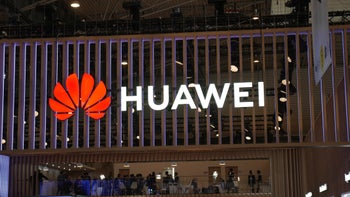
The Department of Justice arrested two men working for Chinese intelligence who allegedly tried to obstruct a U.S. investigation into Huawei. The company, considered a national security threat in the states, was on the way to becoming the largest smartphone manufacturer in the world until the U.S. dropped a couple of hammers. The first blow consisted of placing the firm on the Entity List in 2019, which immediately cut Huawei off from its American suppliers including Google.
Two spies from China are busted trying to obstruct a Justice Department investigation of Huawei
Then, exactly one year later to the day, the Commerce Department announced a U.S. export rule change that prevents foundries that use American technology to manufacture chips from shipping cutting-edge silicon to Huawei even if the firm designed the chip itself. As a result of these rules, Huawei had to develop its own Harmony operating system (now in its third generation), and its own Huawei Mobile Services ecosystem.
As for the chips, Huawei, once TSMC's second largest customer after Apple, is now forced to use Qualcomm's top-of-the-line Snapdragon 8+ Gen 1 chipsets tweaked to work with 4G signals only. Huawei is deploying these 4G chips on the flagship Mate 50 and Mate 50 Pro. Despite strong demand for its new high-end phones, Huawei is not currently a threat to Samsung and Apple.
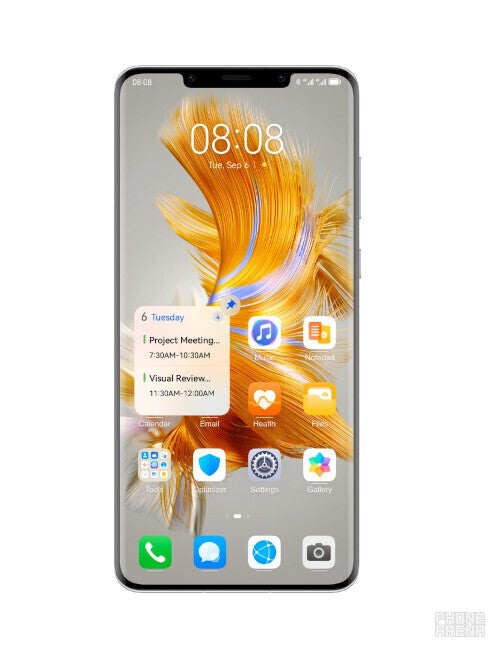
The Huawei Mate 50 Pro
The two Chinese spies arrested by the U.S. are named Guochum He and Zheng Wang. Both are charged with working with the Chinese government in an effort to steal files and other information from the U.S. Attorney’s Office for the Eastern District of New York. The files are related to an "ongoing federal criminal investigation and prosecution of a global telecommunications company (Company-1) based in the PRC (People's Republic of China) believed to be Huawei according to The Wall Street Journal.
Huawei is the subject of a trade secrets prosecution by the DOJ which said in February 2020 that the company's "efforts to steal trade secrets and other sophisticated U.S. technology were successful." One of the accusations made by the Justice Department against He and Wang includes a $41,000 bribe made in Bitcoin to a U.S. government employee who the defendants thought was working for the PRC but who was actually a double agent for the FBI.
Wang faces 20 years in prison while He could end up imprisoned for as many as 40 years
The two defendants, according to the complaint, are intelligence officers (read spies) for the PRC. According to the DOJ, "The charges in the complaint are allegations, and the defendants are presumed innocent unless and until proven guilty. If convicted, Dong He faces up to 40 years of imprisonment and Wang faces up to 20 years of imprisonment."
Huawei has been in trouble before for stealing trade secrets. In 2014, T-Mobile accused Huawei in a lawsuit of trying to steal technology belonging to Tappy, a robot used by T-Mobile to test smartphones. A T-Mobile security camera caught a Huawei employee disassembling part of the robot and putting the part into a laptop bag. The carrier accused Huawei of using the stolen parts to build its own smartphone testing robot.
Eventually, T-Mobile was awarded $4.8 million by a jury who heard the whole tale of Tappy and Huawei's brazen attempt to steal T-Mobile's technology and accompany it to China. After the verdict was announced, Huawei executive William Plummer said, "Huawei continues to believe in the merits of its defense to the allegations made by T-Mobile. According to the jury’s verdict, T-Mobile was not awarded any damages relating to the trade secrets claim and there was no award of punitive damages."
"Although the jury awarded damages under the breach of contract allegation," Plummer continued, "the amount was a small fraction of what T-Mobile requested. Huawei is a global leader in innovation, and respect for intellectual property is a cornerstone value in our business."


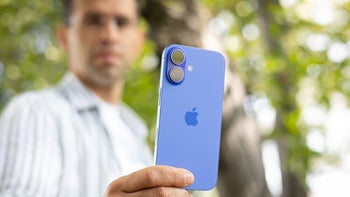



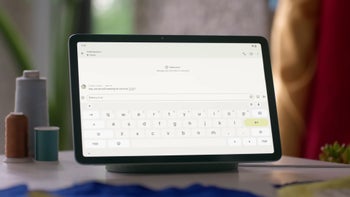
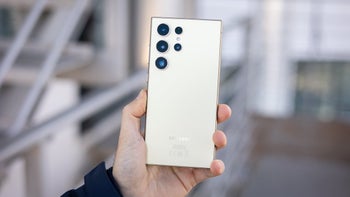
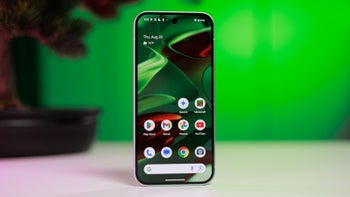
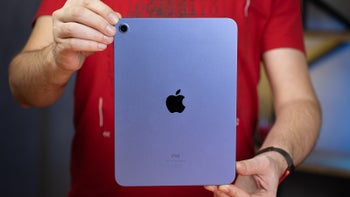


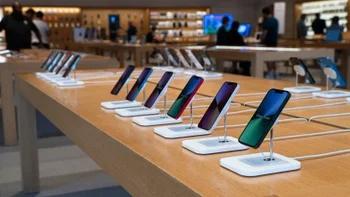
Things that are NOT allowed: